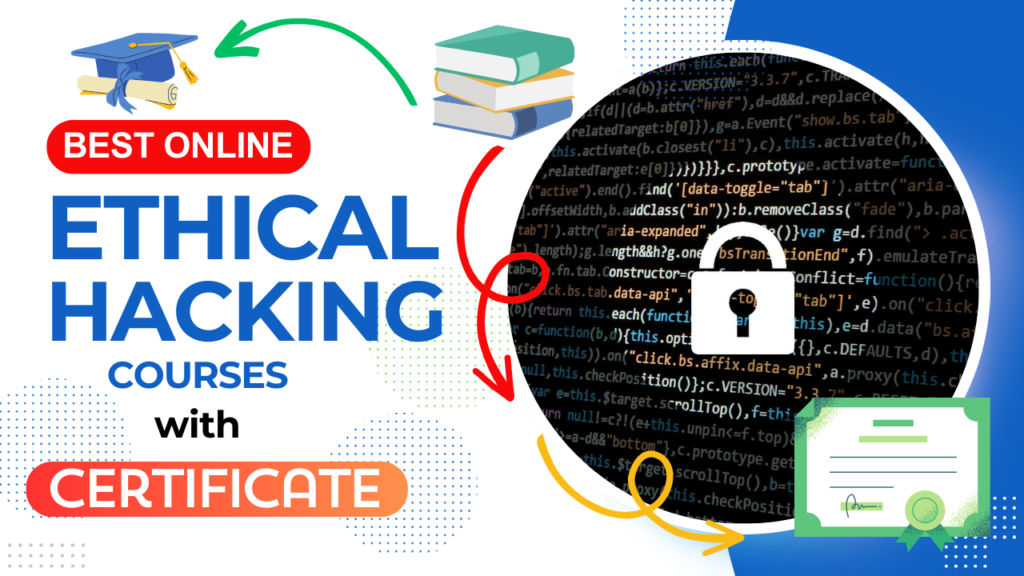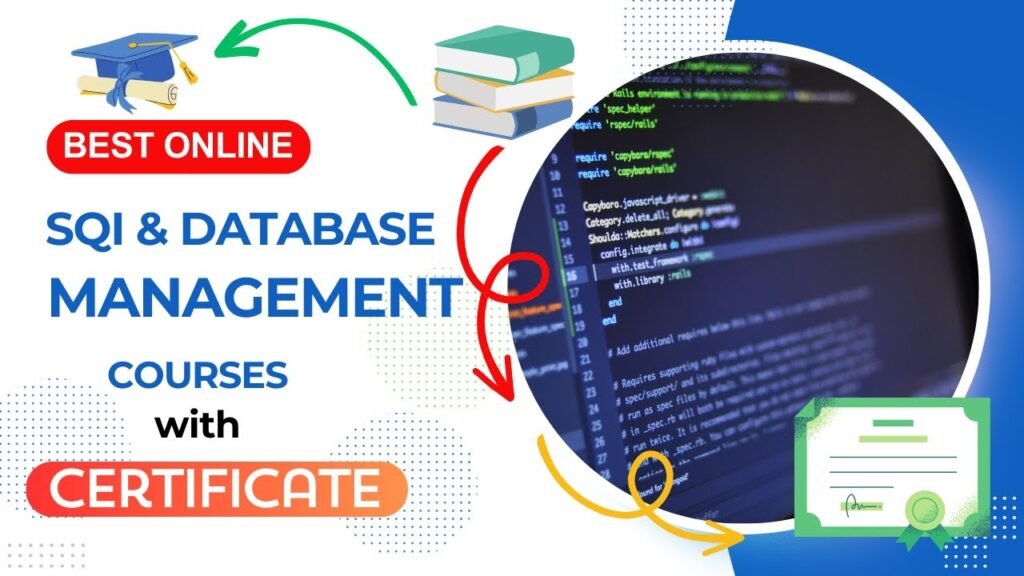Healthcare systems worldwide face mounting pressure to deliver exceptional patient outcomes while managing increasingly complex care scenarios. Care management has emerged as a critical discipline that bridges the gap between clinical excellence and operational efficiency. This systematic approach to coordinating patient care across multiple providers, settings, and time periods has a direct impact on recovery rates, patient satisfaction, and overall healthcare quality.
Modern nursing professionals recognise that clinical skills alone are insufficient to address today’s healthcare challenges. Care management encompasses strategic planning, resource coordination, interdisciplinary communication, and outcome measurement—skills that require dedicated study and practice. The nursing leadership and care management course curriculum has evolved to address these comprehensive needs, preparing nurses to excel in supervisory roles while maintaining a focus on patient-centred outcomes.
Continuous learning in care management is no longer optional but essential for career advancement and improved patient care. Healthcare organisations are increasingly seeking nurses who understand both clinical protocols and management principles, creating opportunities for those who invest in comprehensive education. Alison’s Diploma in Nursing Leadership and Care Management represents one of the most accessible pathways for nurses seeking to develop these integrated competencies without financial barriers.
Essential Care Management Competencies Every Nurse Must Develop
Care Planning and Coordination Excellence
Effective care planning requires sophisticated assessment skills, critical thinking abilities, and a comprehensive understanding of available resources. Nurses must evaluate patient needs holistically, considering medical conditions, social circumstances, financial constraints, and family dynamics. This multifaceted approach ensures care plans address all factors influencing patient outcomes rather than focusing solely on immediate clinical needs.
Coordination responsibilities extend beyond individual patient care to encompass team management, resource allocation, and communication across multiple disciplines. Successful care managers develop systems for tracking patient progress, identifying potential complications early, and adjusting interventions in response to evolving circumstances.
Team Leadership and Interdisciplinary Collaboration in Nursing
Modern healthcare operates through complex, interdisciplinary teams that include physicians, specialists, therapists, social workers, and administrative staff. Care management requires nurses to facilitate communication between these diverse professionals while maintaining a focus on patient goals and preferences.
Leadership skills in this context involve conflict resolution, meeting facilitation, delegation, and performance monitoring. Nurses must balance competing priorities while ensuring that all team members understand their roles and responsibilities to achieve optimal patient outcomes.
Quality Assurance and Continuous Improvement for Nurses
Care management incorporates systematic quality monitoring, outcome measurement, and process improvement initiatives. Nurses must understand statistical concepts, data analysis techniques, and quality improvement methodologies to identify opportunities for enhancement and implement sustainable changes.
This competency includes understanding regulatory requirements, accreditation standards, and evidence-based practice principles that guide healthcare quality initiatives. Effective care managers use data to drive decision-making and demonstrate the value of nursing interventions.

Comprehensive Resources for Mastering Care Management Skills as a Nurse
Professional Literature and Research Access
The World Health Organization provides extensive resources on healthcare management, including policy documents, research reports, and best practice guidelines. These materials provide global perspectives on care management challenges and solutions, enabling nurses to understand international standards and innovative approaches.
PubMed serves as an invaluable repository of peer-reviewed research on care management topics. Nurses can access studies on specific interventions, outcome measures, and implementation strategies that support the development of evidence-based practice. Regular literature review helps professionals stay current with emerging trends and research findings.
Case Studies and Simulation Learning Tools
Real-world case studies provide context for theoretical concepts, enabling nurses to explore complex scenarios without exposing patients to risk. These resources demonstrate how care management principles apply across different patient populations, healthcare settings, and clinical situations.
Simulation tools offer interactive learning experiences that develop critical thinking and decision-making skills. Many platforms provide scenarios that mirror actual workplace challenges, allowing nurses to practice care management techniques in controlled environments before applying them in clinical settings.
Also Read: How to Practice Basic Nursing Procedures at Home: Complete Guide to Home Nursing Care
Leading Online Platforms for Free Nursing Leadership Materials
Alison: Comprehensive Nursing Leadership Education
Alison stands out among free educational platforms for its comprehensive approach to nursing leadership and care management training. The Diploma in Nursing Leadership and Care Management provides structured learning modules that cover all essential competencies for contemporary nursing professionals.
The platform’s strength lies in its systematic curriculum design, which progresses from foundational concepts to advanced applications. Unlike other platforms that offer fragmented courses, Alison’s Diploma in Nursing Leadership and Care Management provides integrated learning that connects theoretical knowledge with practical applications.
Detailed Analysis of Alison’s Diploma in Nursing Leadership and Care Management
Module Structure and Learning Progression
The Diploma in Nursing Leadership and Care Management organizes content into logical modules that build upon each other systematically. Early modules establish foundational concepts in leadership theory, communication skills, and understanding of healthcare systems. Progressive modules introduce more complex topics, including strategic planning, quality improvement, and advanced care coordination techniques.
Each module incorporates multiple learning formats, including video lectures, interactive exercises, downloadable resources, and practical assessments. This varied approach accommodates different learning styles while reinforcing key concepts through multiple exposure methods.
Care Management Focus Areas
The course dedicates substantial attention to care management principles, distinguishing it from general leadership programs. Specific modules address care planning methodologies, patient assessment techniques, resource utilization strategies, and outcome measurement approaches.
Students learn to develop comprehensive care plans that consider medical, psychological, social, and economic factors affecting patient outcomes. The curriculum emphasises the integration of evidence-based practice and quality improvement initiatives that demonstrate nursing value to healthcare organisations.
Practical Application Components
Alison’s Diploma in Nursing Leadership and Care Management emphasizes practical application through case study analysis, scenario-based learning, and real-world problem-solving exercises. Students work through complex care management situations that mirror actual workplace challenges, developing skills they can immediately apply in their professional roles.
The program includes templates, checklists, and assessment tools that students can adapt for use in their own practice settings. This practical focus ensures that graduates can effectively implement the concepts they have learned, rather than merely understanding theoretical principles.
Certification and Professional Recognition
Upon successful completion, students receive a recognised diploma certificate that demonstrates their commitment to professional development and excellence in care management. This credential adds significant value to resumes, performance evaluations, and discussions about career advancement.
The certification process includes comprehensive assessments that verify student understanding of all major course concepts. This rigorous evaluation ensures graduates possess the knowledge and skills needed for effective care management practice.
Strategies for Maximizing Learning Resource Effectiveness
Integrated Video Learning and Documentation
Effective learning requires active engagement with course materials rather than passive consumption. Students should combine video lectures with detailed note-taking to create personal reference materials that support long-term retention and practical application.
Develop a systematic approach to organizing notes by topic, creating quick-reference guides for complex concepts, and maintaining a glossary of key terms. This documentation becomes invaluable when applying learned concepts in actual practice situations.
Immediate Workplace Application
The most effective learning occurs when students immediately apply new concepts in their professional roles. Alison’s Diploma in Nursing Leadership and Care Management provides numerous opportunities for workplace application through practical exercises and real-world scenarios.
Create opportunities to practice new skills with colleagues, volunteer for leadership responsibilities, and seek feedback from supervisors on care management initiatives. This practical application reinforces learning while demonstrating professional growth to supervisors and peers.
Also Read: How to Practice Basic Nursing Procedures at Home: Complete Guide to Home Nursing Care
Peer Learning and Professional Networking
Connect with other students taking the same course through online forums, professional associations, and social media groups. Peer discussions enhance understanding by providing different perspectives on course concepts and sharing practical implementation experiences.
Join nursing leadership organizations and care management professional groups to extend learning beyond course boundaries. These connections provide ongoing support for professional development and career advancement opportunities.
Continuous Learning and Skill Development
Care management is a rapidly evolving field that requires ongoing education and skill development. Use the Diploma in Nursing Leadership and Care Management as a foundation for continued learning rather than a final destination.
Stay current with industry trends by reading professional journals, attending conferences, and pursuing advanced certification programs. This commitment to lifelong learning ensures continued professional growth and enhanced patient care outcomes.

Transforming Your Nursing Career Through Care Management Excellence
The healthcare industry’s future depends on nurses who understand both clinical excellence and management principles. Care management skills represent a critical differentiator for nurses seeking advancement opportunities, increased job satisfaction, and greater impact on patient outcomes.
Alison’s Diploma in Nursing Leadership and Care Management removes traditional barriers to professional development by providing world-class education at no cost. This accessibility ensures that financial constraints don’t prevent motivated nurses from developing essential leadership competencies.
Modern healthcare organisations are increasingly recognising the value of nurses with comprehensive care management skills. These professionals contribute to improved patient outcomes, reduced costs, and enhanced team performance—making them invaluable assets in competitive healthcare markets.
The time to invest in care management education is now. Healthcare complexity continues increasing, and nurses who develop these skills early will find themselves better positioned for leadership opportunities and career advancement.
Level up your care management skills with the best free tools online—starting with Alison’s accredited diploma. Your patients, colleagues, and career will benefit from the comprehensive leadership and care management competencies you’ll develop through this exceptional program.




